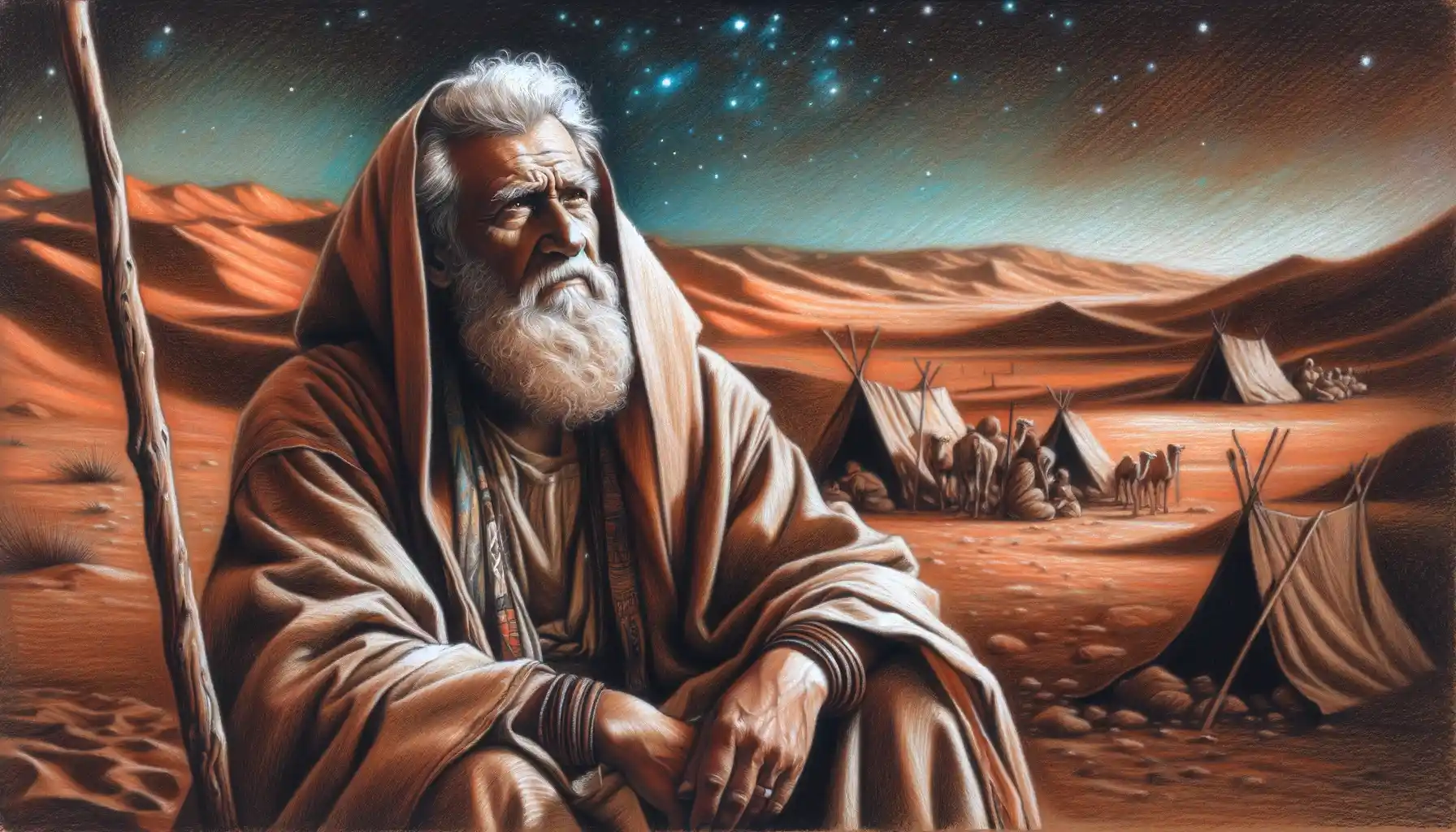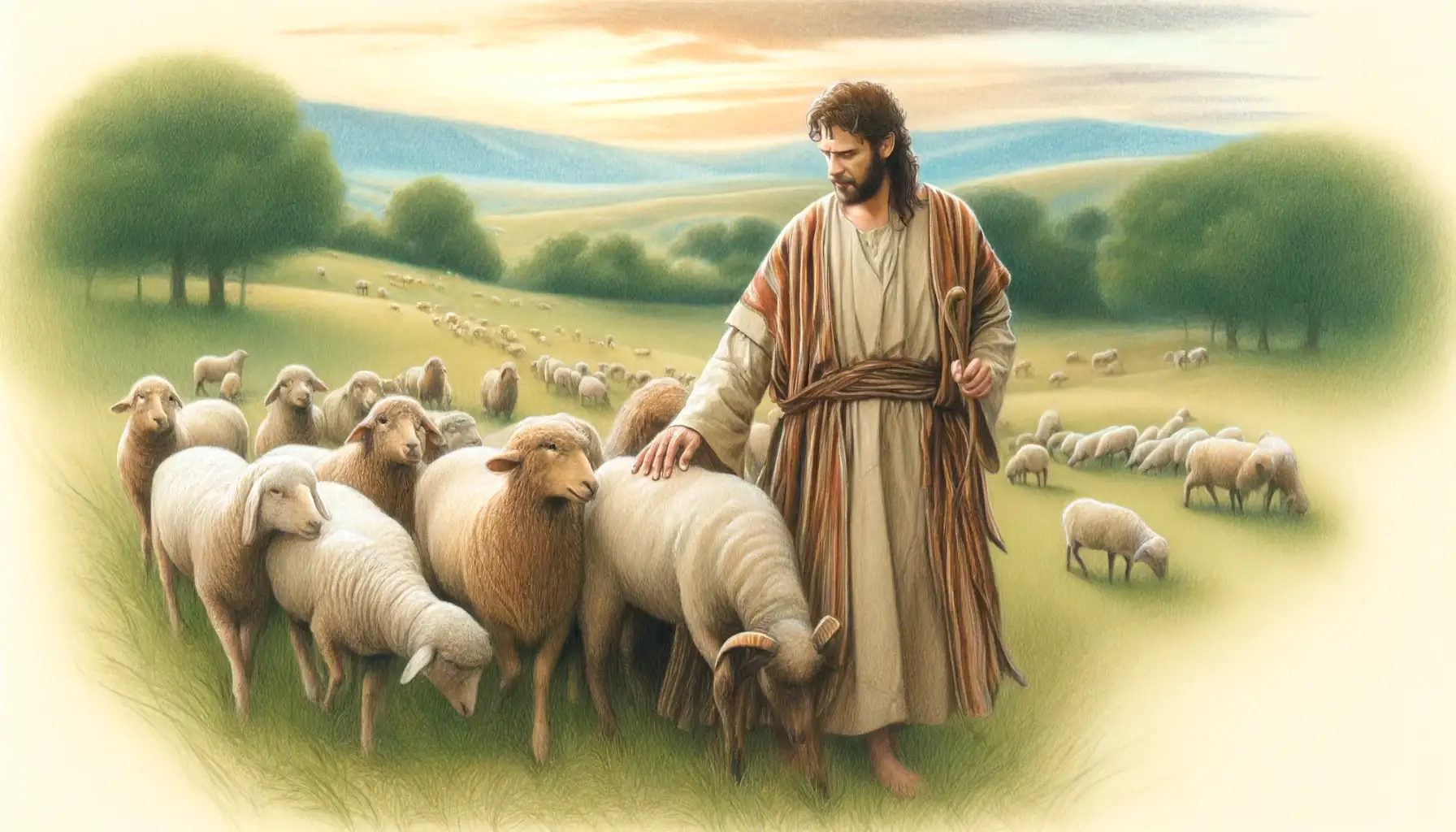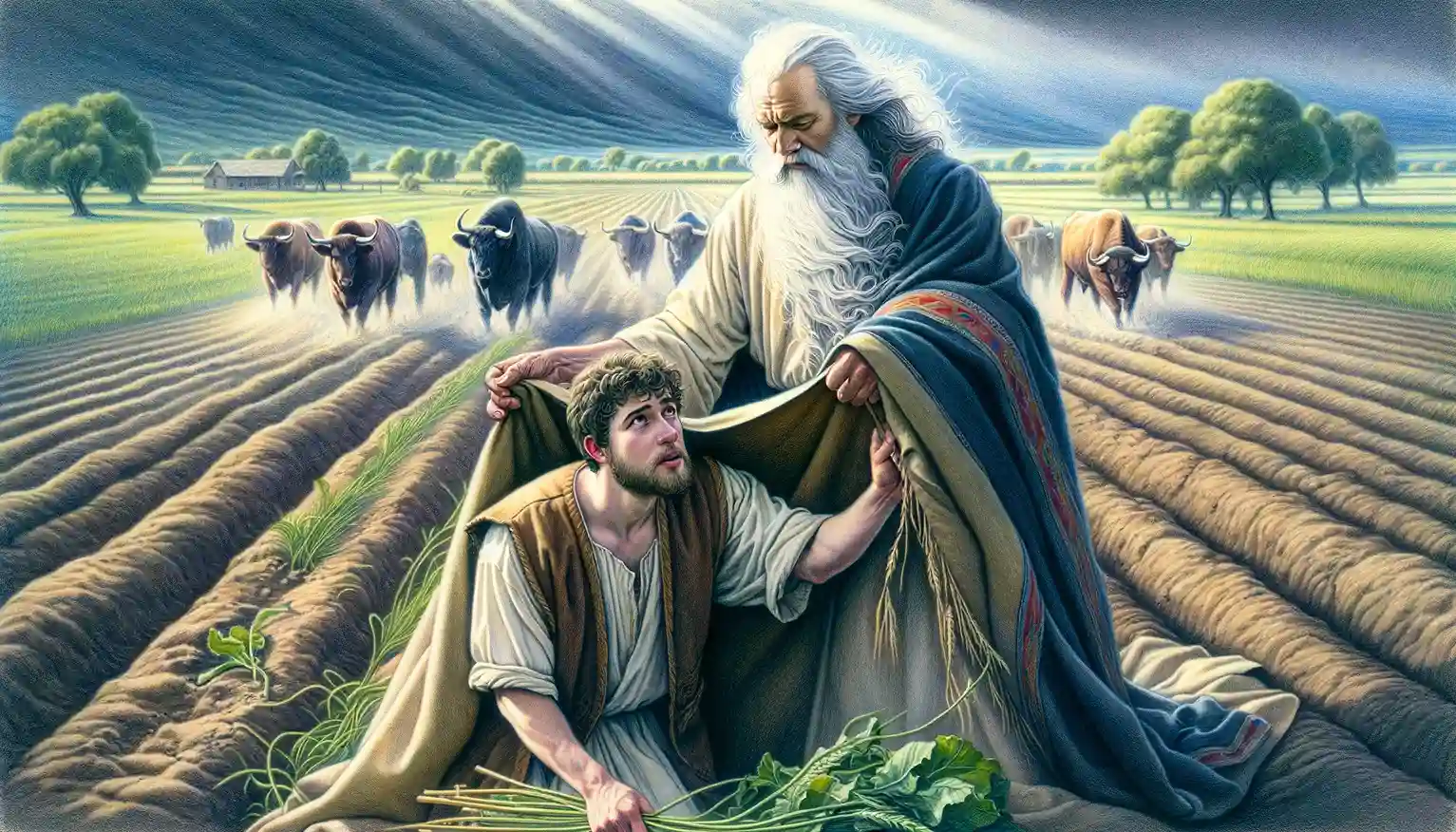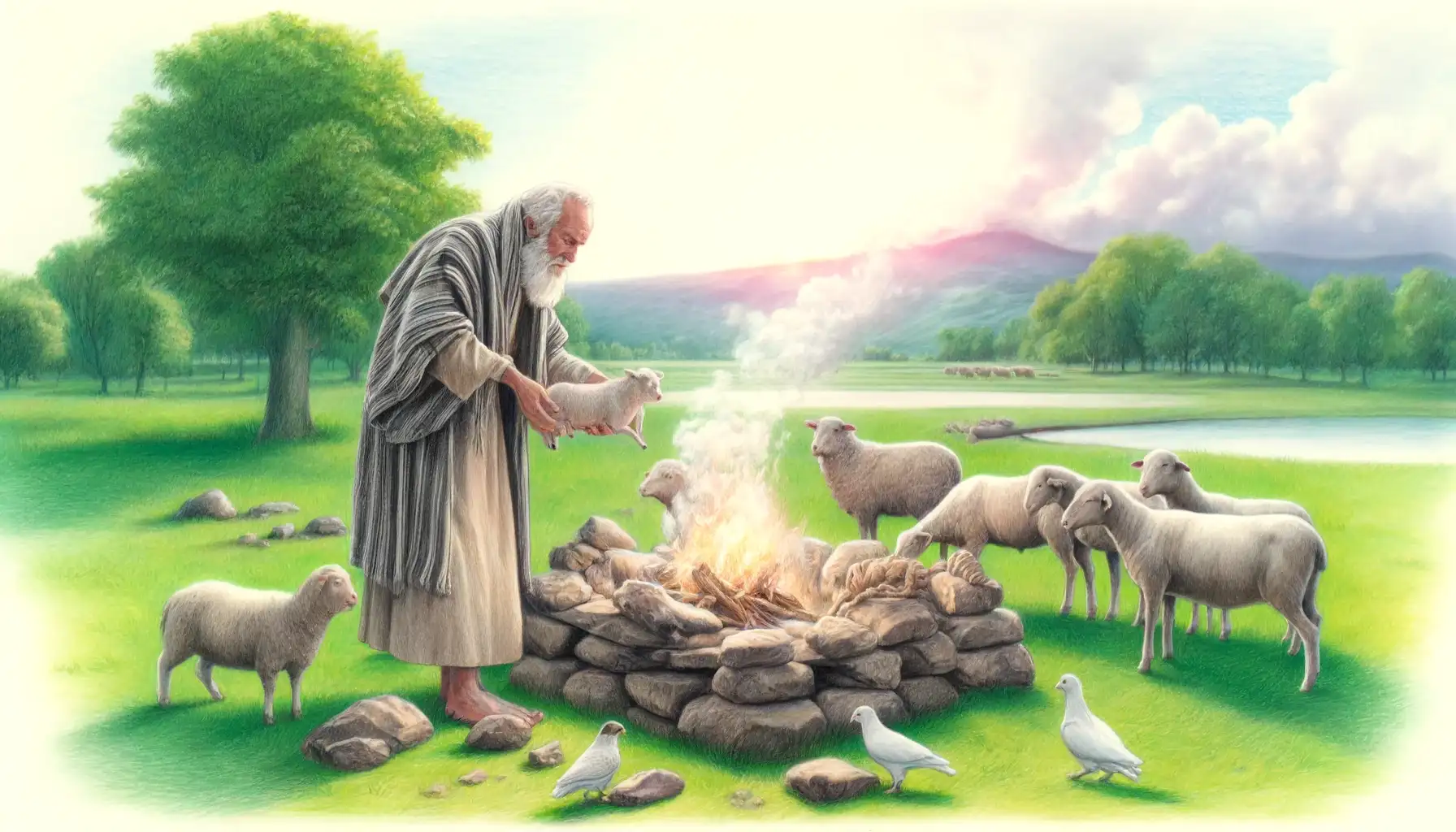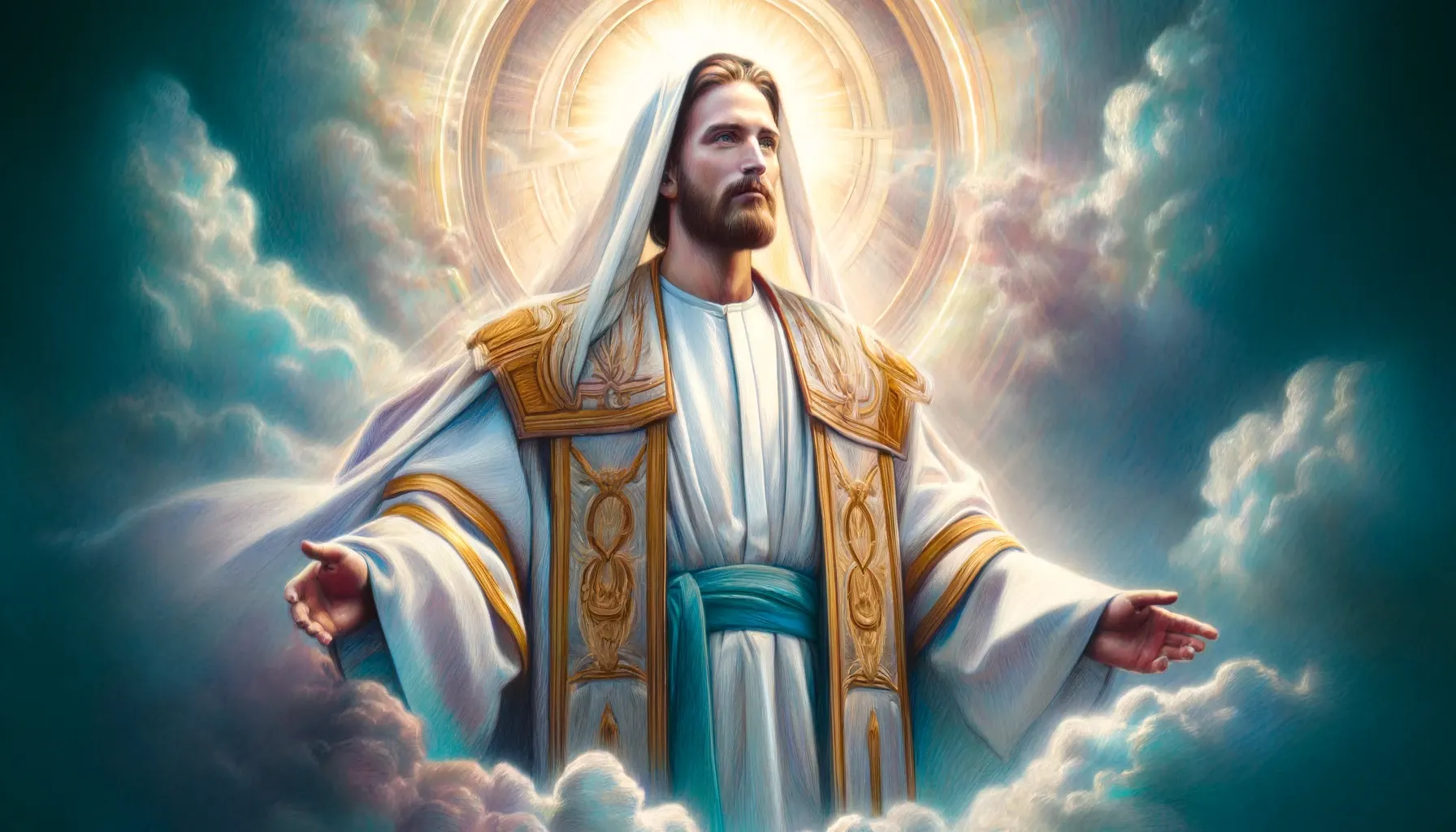Abraham’s life exemplifies unwavering faith and obedience to God. His story is central to understanding the roots of monotheistic belief and the covenant relationship that defines Jewish identity and spirituality.
Abel’s brief narrative highlights profound themes of innocence, sacrifice, jealousy, and divine justice, which resonate throughout the Biblical text and Christian theology.
In 1 Kings 19:19-21, Elijah, following divine instructions, calls Elisha to succeed him by placing his mantle on him while he is plowing in the fields, a gesture that Elisha responds to by sacrificing his oxen and burning his plowing equipment, symbolizing his total commitment to the prophetic mission and marking a pivotal transition in the continuity of prophetic leadership in Israel.
Genesis 8:20-21 depicts Noah building an altar and offering sacrifices of clean animals to God, who, pleased by the aroma, promises never again to curse the ground or destroy all living creatures, despite humanity’s inherent sinfulness, thus establishing a foundational moment of covenant and grace between God and mankind.
The Parable of the Hidden Treasure in Matthew 13:44 vividly illustrates the supreme value of the Kingdom of Heaven, portraying a man who discovers a treasure hidden in a field and joyfully sells all that he owns to secure this priceless treasure, symbolizing the total commitment and profound joy that accompany the true recognition and acceptance of God’s Kingdom.
The Book of Hebrews presents Jesus Christ as the supreme revelation of God, emphasizing His superiority over all other forms of revelation and urging believers to place their trust fully in Him for salvation and perseverance in the faith.

